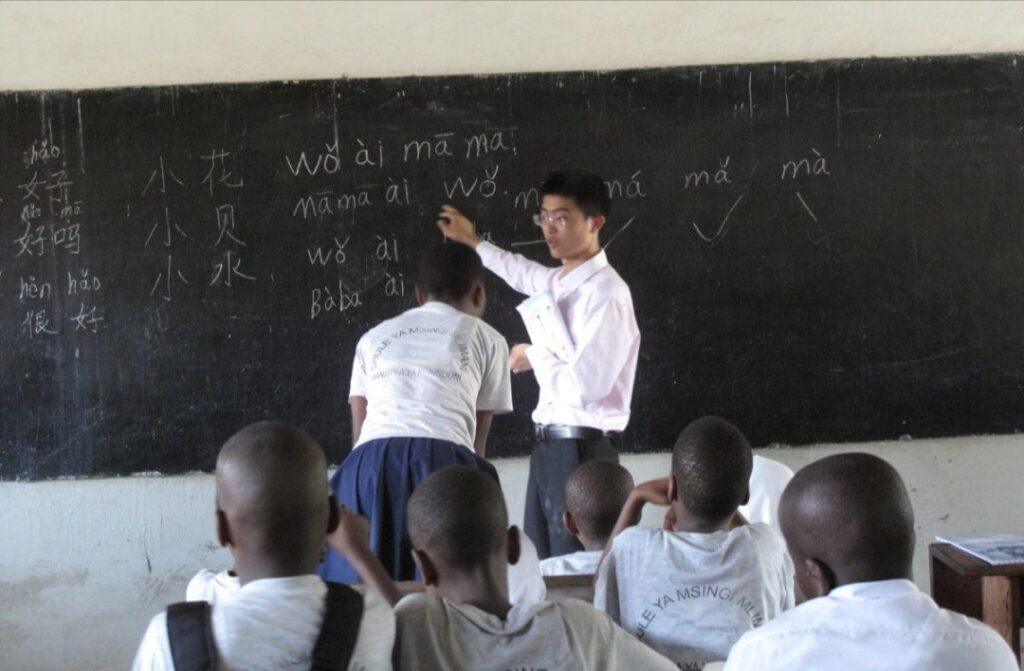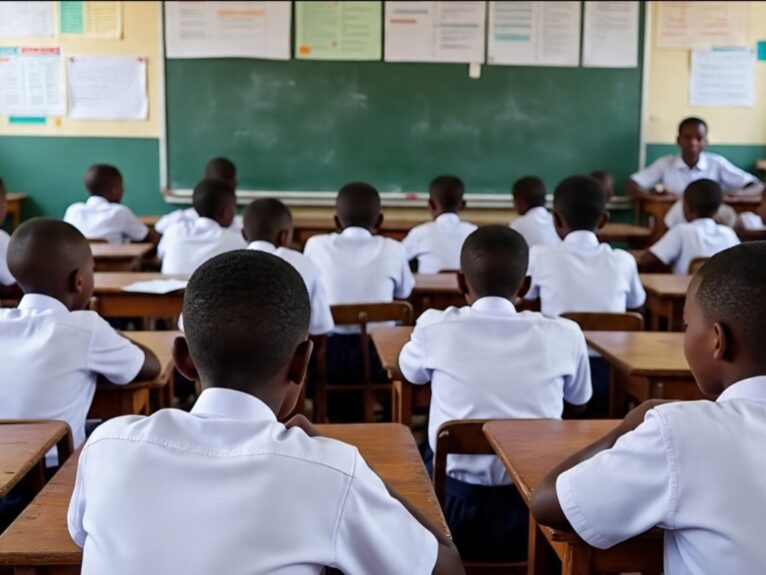
Esther Imonmion
In a significant educational development, the Nigerian government has officially integrated Mandarin Chinese into the senior secondary school curriculum. This decision, announced on September 16, 2025, is part of a broader overhaul of the nation’s Basic and Senior Secondary Education Curriculum. The revised curriculum, effective from the 2025/2026 academic session, introduces Mandarin as an optional subject alongside French and Arabic, aiming to enhance students’ global competitiveness and foster deeper cultural ties with China.
The announcement was made by Dr. Danlami Hayyo, the Education Secretary for the Federal Capital Territory (FCT), during the inauguration of the 14th Chinese Corner at Government Secondary School, Tudun Wada, Abuja. These Chinese Corners serve as cultural and educational centers, providing students with resources to learn about Chinese language and culture. The establishment of such centers is part of a collaborative effort between the Nigerian government and Chinese institutions to promote cultural exchange and educational development.
The inclusion of Mandarin in the curriculum has been met with positive reception. A study published in the International Journal of Multidisciplinary Research and Development in 2019 found that Nigerians generally support the teaching of Chinese in public primary and secondary schools. While there are some concerns, the overall sentiment favors the integration of Chinese language education.
This move aligns with broader trends across Africa, where Mandarin is increasingly featured in school curriculums. The growing influence of China on the continent has spurred interest in learning Mandarin, seen as a valuable skill for future economic and diplomatic engagements.
In summary, Nigeria’s decision to include Mandarin Chinese in its secondary school curriculum reflects a strategic effort to equip students with language skills that are increasingly relevant in a globalized world. Through initiatives like Chinese Corners and curriculum revisions, Nigeria is fostering a generation of learners poised to engage meaningfully with China and the broader international community.

